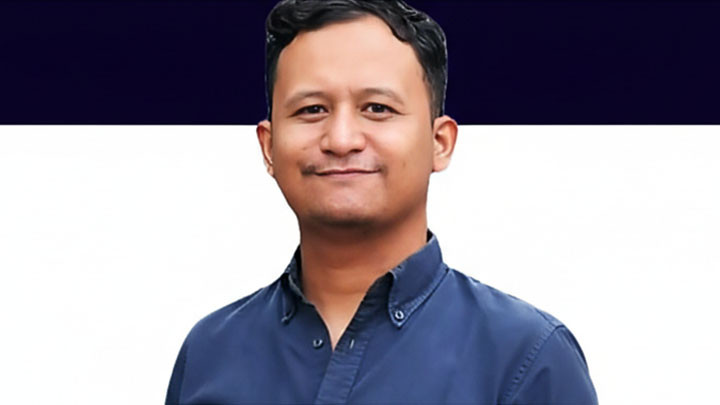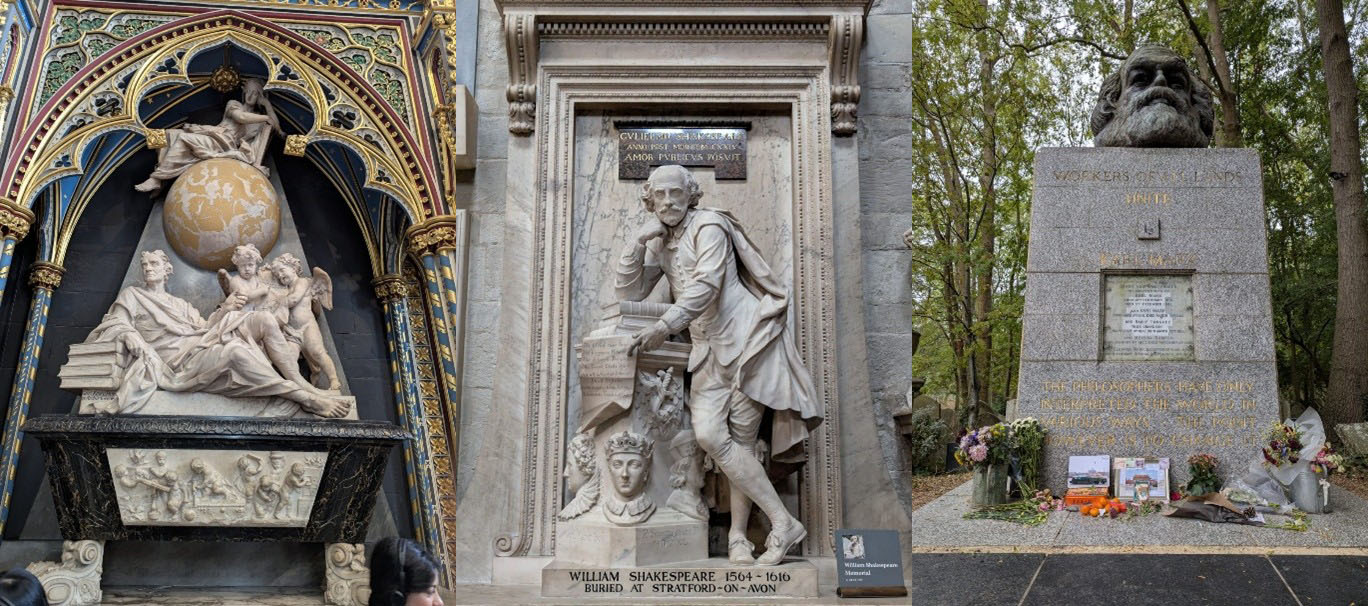ISRSF extends its deepest condolences on the...
24 October 2025

A Shocking Revelation
The cleaning lady told me her monthly salary. She said that what she earns now is higher than what she earned at her previous job. When compared to what I receive on a monthly basis, this was a shocking revelation, because it suggests a somewhat disturbing possibility: my friends and I — students from third-world countries — might be earning more than a large number of working people in the heart of the United Kingdom, London.
Even more interestingly, I think there couldn’t have been a better time for me to receive this revelation, precisely because I was preparing to attend a class discussing theories and models of wages and the job market. Of course, no solid answer can be acquired within a single session of a class that only serves as an introduction to the vast literature on labour economics. Nonetheless, the class introduced me to important building blocks for understanding job availability, wages, and workers’ welfare, as well as possible interventions or policies to improve the welfare of ordinary workers. In a nutshell, it was about how to address welfare problems endemic to our time.
I am not trying to narrate my educational experience in a sombre tone. I just can’t help but make this uncanny connection between what I study and the (economic) lives of the new people I have met here. I will return to the issue of policies. But first, allow me to divert your attention to how I got here — the starting point that made my encounter with the lady possible.
Touchdown in London
On the evening of 20th September 2025, three young Arryman Scholars waved goodbye to their loved ones at Cengkareng as they prepared to board a plane to Heathrow. The three of us were Sylvia, Alnick, and myself. Sylvia and I are the third batch of Arryman Scholarship recipients at SOAS, University of London, while Alnick is our senior — one of the first batch of the scholarship recipients. After spending at least 14 hours on the plane, we arrived in London the next day.
We were picked up by Christian, a second-batch Arryman Scholar at SOAS. We commuted by public train to the student hall, with Christian and Alnick skillfully navigating London’s complex train system, guiding us on which trains to take and showing us the way to our accommodation.
At this point, I had two immediate impressions of London: how cold it is and how confusing the public transportation seemed. London felt freezing — even as I write this, it’s even colder. It feels like living on Mount Bromo in East Java. I’m still adapting to the temperature, but thankfully, I’ve largely figured out how the public transport works — thanks, of course, to my senior colleagues.
On our first day of arrival, Christian helped Sylvia and me find the most important thing humanity needs: food. He recommended a Vietnamese restaurant so that we could ease our way into the local food culture. He also helped us buy other necessities and essentials.
(Not with the Vietnamese food I recounted, but there are four of us)
London, Ziarah Kubur, and Great Epochs
London is known as the stage of great epochs in human history. It is said that London was the centre of UK manufacturing, particularly during the era of Industrial Revolution. More tangibly, London is also the resting place of countless historical figures who set in motion revolutions in the worlds of academia and science. From Sir Isaac Newton, Stephen Hawking, Michael Faraday, William Shakespeare, and Herbert Spencer to Karl Marx and Eric Hobsbawm — their memorials are found across this very city.

Visiting their memorials torches my passion for learning, as I finally have the chance to reflect — and perhaps imagine — how did they feel when they inquired? and how did they feel when they discovered? It’s a rare moment of reflection made possible by the Arryman Scholarship program.
SOAS, Economic Policy, and Welfare
The generous Arryman Scholarship Program funds its scholars to study economics at SOAS (a policy in place from 2023 onwards). All scholars are required to complete a Master’s program before applying to the PhD program. I am currently a Master’s student in Economic Policy at SOAS, University of London.
SOAS is well known for its unique approach to the world’s pressing questions and issues. The institution is explicitly Global South oriented and deeply committed to critiquing mainstream economic models. It serves as an intellectual home to brilliant scholars, including Ha-Joon Chang and Mushtaq Khan. In this first semester, I am taking a module that allows me to attend lectures by these renowned political economists: The Political Economy of Institutions.
It is worth noting that I do not have formal training in economics, although I had the opportunity to study political-economic principles during my first master’s degree in Indonesia. The universe of economic paradigms, theories, and concepts is still very new to me. Fortunately, the modules in the Economic Policy program are designed as critical yet accessible introductions for those who have never taken an economics course before. Even so, long hours of reading and study are still very much required.
As I write this piece, I have just finished the fourth week of lectures — barely making progress on the fifteen assigned readings for week five, with three essays to write and several statistical problem sets to complete (and the deadlines are closing in). Allow me to bore you for a moment with what I have learned so far.
I am still grappling with probability theory, the supply and demand curve, the law of diminishing marginal returns, and debates about what’s wrong with randomized control trials, to name a few. The qualitative side is equally intense. How can we understand capitalist transformation from a historical perspective? Why shouldn’t we think of political settlements as merely elite pacts? Where do we draw the line between the private and the social in the neoclassical framework? These — and many others — are the questions every student in my courses must wrestle with. These are exactly what I signed up for, and I truly feel privileged.
Arryman Scholarship
It was a sunny but cold Monday afternoon in Russell Square. The Arryman Scholars were enjoying their coffee in a casual meeting with someone greatly responsible for making it possible for us to study at SOAS: Dr. Jonathan Pincus.
I asked him, “What is your utmost consideration when choosing a candidate?” In other words, out of all the applicants, why did you choose us?
He gave a touching reply: “We want to support Indonesians who will research and write about Indonesia.”
That answer affected me deeply. It reminded me that there is a role to fill, a part to play, for me in the world of academia.
Researchers work to push the boundaries of knowledge. Humanity progresses by confronting ignorance. Our re-examination of history reveals how we have evolved, and our quantitative techniques often shape the lives of countless people. Today, no government policy can be justified without a sound intellectual foundation. The life of the cleaning lady — and the lives of many others — are unquestionably shaped by political and economic decisions, that is, by policy. Therefore, producing quality research that can inform policy decisions is critical. I believe the Arryman Scholarship Program deeply understands this.
I am proud to be an Arryman Scholar and indebted to the Indonesian Scholarship and Research Support Foundation (ISRSF). My life goal is set in stone: to produce high-calibre academic work. The big dream? To quote the ISRSF, “…that their work can be impactful in Indonesia and beyond.”
London, 24 October 2025
Rizky Adhyaksa
Arryman Scholar 2025